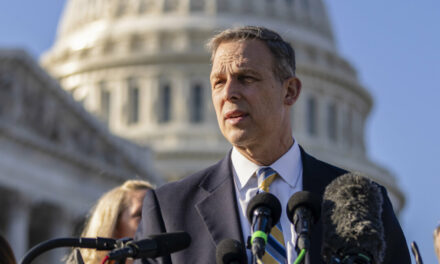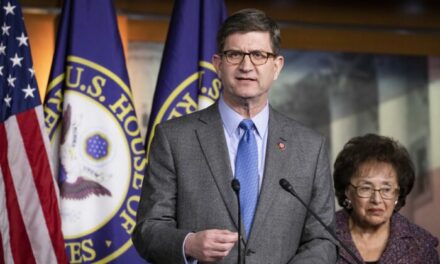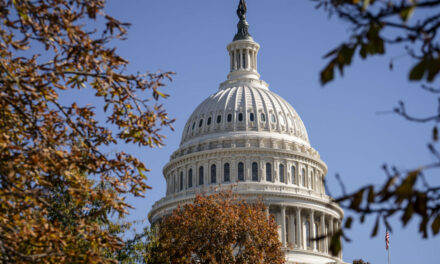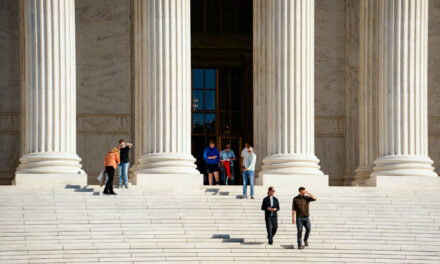We support our Publishers and Content Creators. You can view this story on their website by CLICKING HERE.
A judge has found that a Philadelphia prosecutor failed to prove Elon Musk’s $1 million voter sweepstakes violated Pennsylvania’s lottery or consumer laws.
A Philadelphia judge ruled on Tuesday that District Attorney Larry Krasner did not provide sufficient evidence to prove that Elon Musk’s $1 million voter sweepstakes was an illegal lottery under Pennsylvania law, and that the prosecutor’s request for the court to block the giveaway would likely fail on the merits.
In a detailed opinion filed on Nov. 12, Common Pleas Court Judge Angelo Foglietta dismissed Krasner’s claims that the program, run by America PAC with financial backing from Musk, constituted an illegal lottery. The sweepstakes targeted swing state voters who signed a petition supporting the constitutional rights to free speech and to bear arms.
“In this case, Petitioner [Krasner] alleges that Respondents [America PAC, Musk] are conducting an illegal lottery ‘by lulling Philadelphia citizens—and others in the Commonwealth (and other swing states in the upcoming election)—to give up their personal identifying information and make a political pledge in exchange for the chance to win $1 million,’” Foglietta wrote.
However, the judge concluded that Krasner failed to prove any of the three elements required to establish a “lottery” under Pennsylvania law: prize, chance, and consideration.
Musk’s attorneys contended that the sweepstakes was not a random drawing but a contractual arrangement. Winners were chosen as paid spokespeople for America PAC, with the $1 million prize serving as compensation for services rendered, not as winnings from a game of chance.
“Respondents [America PAC, Musk] argued the one-million-dollar award has always been payment for an employment contract; therefore, their actions were not deceptive,” Foglietta noted in the opinion.
Foglietta also noted that Krasner’s request for a preliminary injunction lacked urgency and necessity.
“Critically, Petitioner [Krasner] failed to establish that the preliminary injunction was necessary to prevent immediate and irreparable harm that could not be compensated by damages,” adding that Krasner himself had argued that there was “no harm” in issuing a temporary restraining order even if the program had already concluded.
The judge dismissed Krasner’s claims that the giveaway deceived participants, stating that the Philadelphia prosecutor “failed to make a clear showing of deceptive conduct” on the part of Musk and the PAC.
Further, the judge emphasized that the court would not issue unnecessary orders. “This Court is not here to enter superfluous Orders,” he wrote, rejecting Krasner’s assertion that a temporary injunction blocking the sweepstakes would be harmless if the program was concluding.
Musk, who has contributed tens of millions of dollars to America PAC in support of pro-Constitution political leaders, was not present at the court hearings.

 Conservative
Conservative  Search
Search Trending
Trending Current News
Current News 







